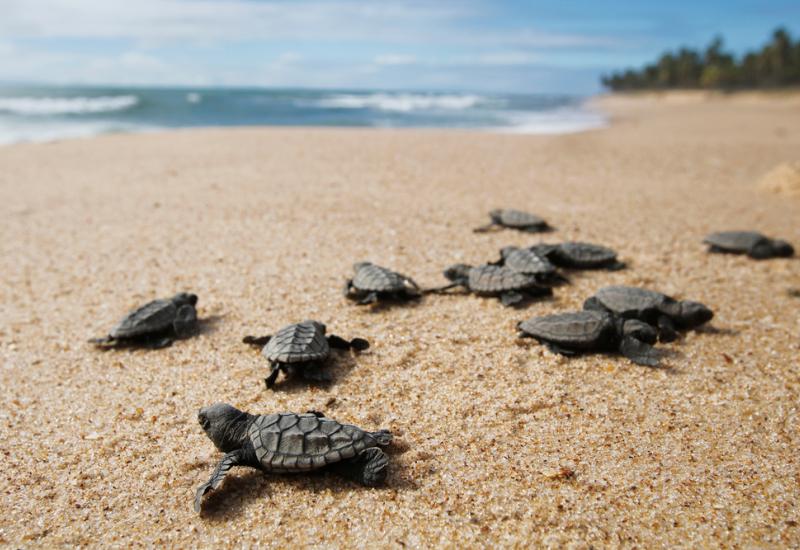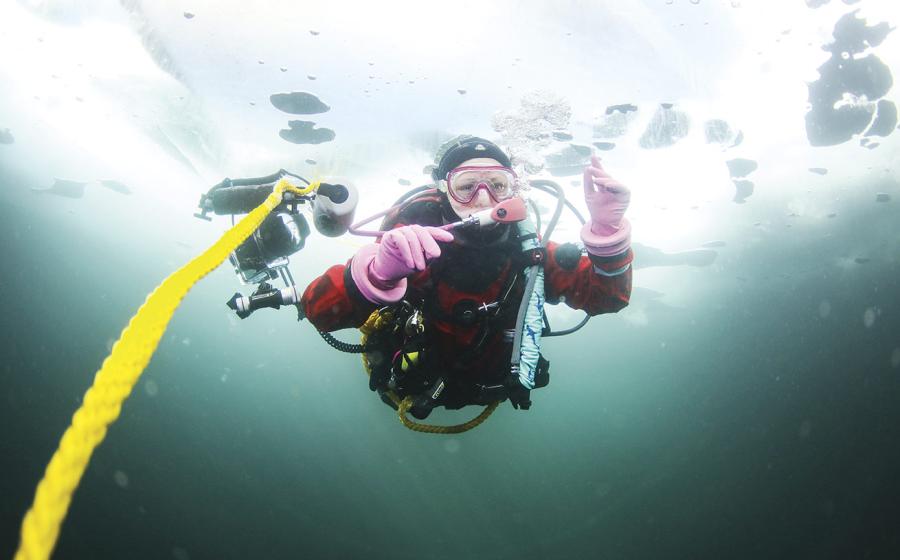Are All Sharks Scavengers?

Shutterstock.com/A Cotton PhotoLemon sharks scavenge in soft sand.
Question: Are all sharks scavengers? -Bronwyn S, Baltimore, MD
Answer: Many species of sharks are indeed capable of scavenging as well as actively hunting, but not all sharks do this.
Scavengers eat animals that are already dead instead of hunting live prey. It’s not a kind way to describe a person, but is extremely important to keeping ecosystems clean and healthy—imagine what the oceans would look like if all the fish that died just stayed there and rotted!
Some animals are obligate scavengers, meaning that is the only way they get their food. I am not aware of any shark species that are obligate scavengers. Lots of sharks engage in what’s called facultative scavenging, meaning they usually hunt for live prey but won’t pass up an easy meal if such an opportunity presents itself. This is one of many reasons why you should be careful going in the water near a beached whale (though it is worth checking out the awesome videos of sharks scavenging on such carcasses).
Tiger sharks famously eat all kinds of stuff so it’s unsurprising that they are scavengers, but even famously powerful predators like great whites scavenge when the opportunity presents itself. Species like blue sharks have been documented following ships around, eating kitchen scraps and garbage. Fishing vessels that discard their unwanted catch (which is sometimes dead or sometimes just stunned) makes for an easy meal for several shark species.
There are new discoveries being made all the time in the world of shark feeding ecology and behavior, and we don’t know what every species eats in every situation, so I am always hesitant to say “all sharks” or “no sharks” do something. But I cannot imagine, for example, a species like a whale shark, which filter feeds on plankton and the small eggs of fish, being able to take advantage of scavenging.
Do all sharks do this? We don’t know, but I don’t think so. Many sharks, however, do!
Ask a Marine Biologist is a monthly column where Dr. David Shiffman answers your questions about the underwater world. Topics are chosen from reader-submitted queries as well as data from common internet searches. If you have a question you’d like answered in a future Ask a Marine Biologist column, or if you have a question about the answer given in this column, email Shiffman at [email protected] with subject line “Ask a marine biologist.”

Courtesy ImageDavid Shiffman
Dr. David Shiffman is a marine conservation biologist specializing in the ecology and conservation of sharks. An award-winning public science educator, David has spoken to thousands of people around the world about marine biology and conservation and has bylines with the Washington Post, Scientific American, New Scientist, Gizmodo and more. Follow him on @WhySharksMatter on Twitter, Facebook and Instagram, where he’s always happy to answer any questions about sharks.
The views expressed in this article are those of David Shiffman, and not necessarily the views Scuba Diving magazine.









